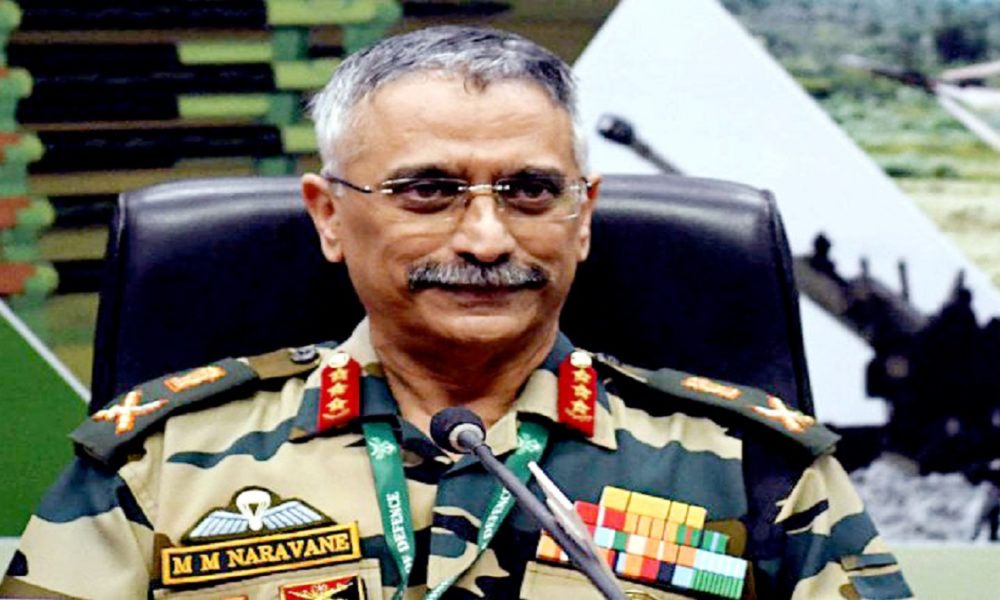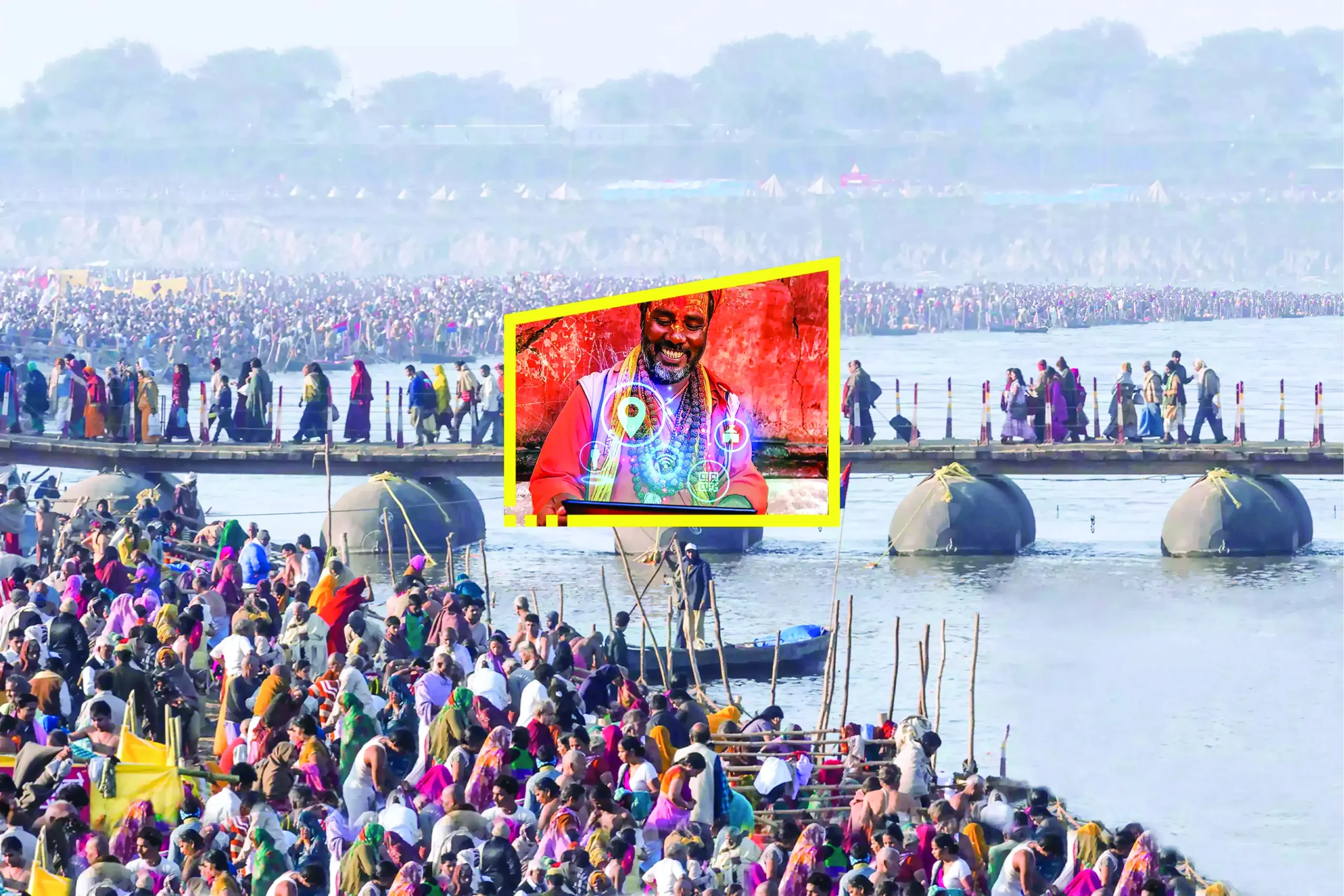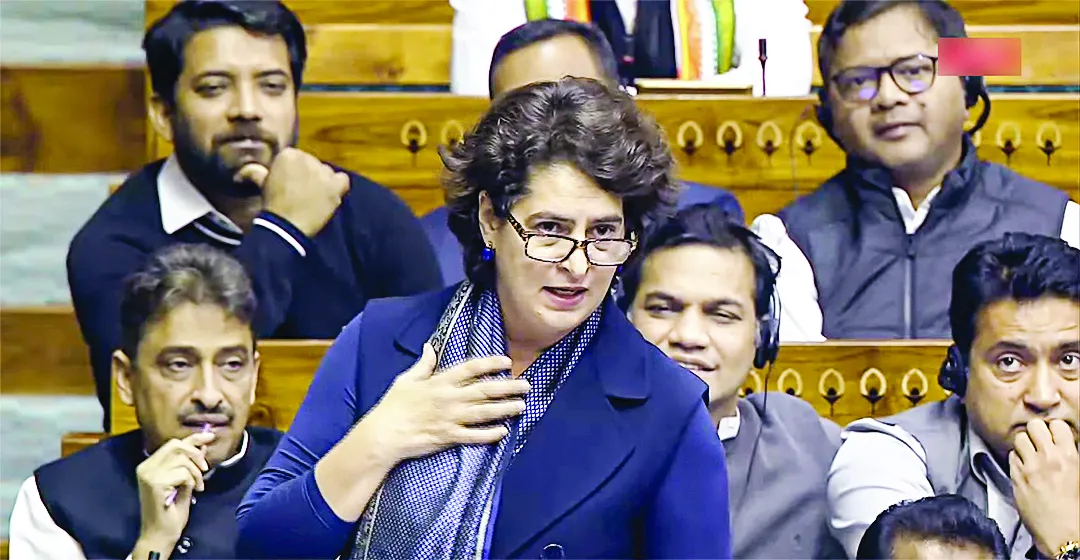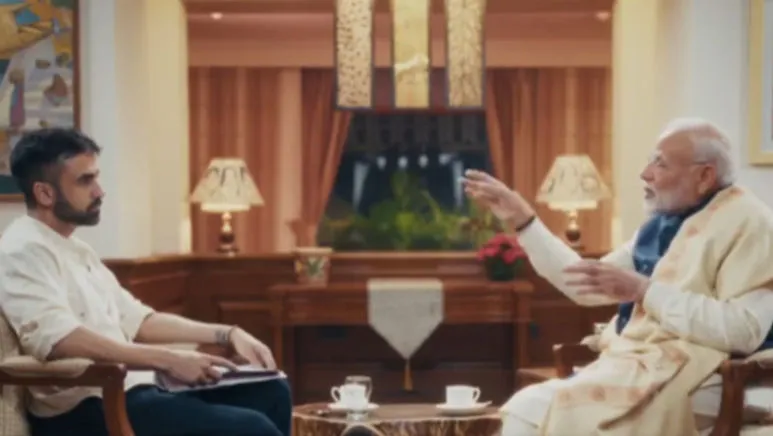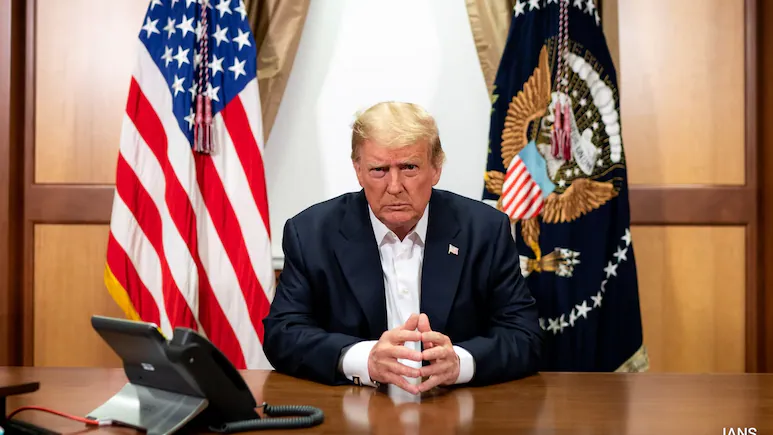Chief of Army Staff General M.M. Naravane is an outstanding choice for the job. His professionalism and knowledge of warfare made him the most suitable candidate for the very consequential responsibility that has been placed on his shoulders by the Government of India. The Indian Army, which he has the honour to lead, is a formidable fighting force. The Indian soldier has been steeled in a battle for over a century. Neither the First nor the Second World War would have been won by the Allies but for the bravery and sacrifices of millions of volunteers from India who ensured success against the enemy. It is a shadow on their impartiality that some countries whose troops participated in these ways arrange anniversary celebrations of the close of both these conflicts without inviting the participation of the Indian armed forces in such events. Instead, countries that deployed far fewer numbers of troops and auxiliary staff than the millions who came from India have not merely hosted such events but excluded India from the list of countries that have contributed to the victory of allied forces over those of despotism. An exception has been the Russian Federation, which has given India an amply deserved pride of place in such commemorations. Of course, it must be remembered that at the same time as some of these countries were battling Germany and Japan in the name of freedom and democracy, both were denied to hundreds of millions of those who lived in Asia and Africa, not to mention South America. There have been dozens of military explanations trotted out as to why Japanese forces were able to slice through the resistance put up by colonial powers in Southeast Asia, even while they found themselves in a quagmire in China. The explanation was that in almost all those parts of Southeast Asia that were overrun by the Japanese, the local people had been enslaved and could not be expected to exert themselves on behalf of their European oppressors. In contrast, apart from the concessions given to foreign countries on the east coast, China was free of colonial occupation and put up a resistance stiff enough to tire out Japanese forces sufficiently to ensure that their overreach into India proved a disaster. In those battles as well, once again it was troops from India who made the difference, aware (as was becoming evident in the 1914-18 war as well) that it was only a matter of years before the British flag got lowered from what since 1947 is Rashtrapati Bhavan. During the 1939-45 war, Subhas Chandra Bose ignited the imagination of the people of the subcontinent with a call to arms against colonial rule. A call that refused to accept the ridiculous thesis put forward by M.A. Jinnah and his mentor Winston Churchill that Hindus and Muslims were separate nations. The passing of Bose in circumstances yet to be made public removed the only individual who would have ensured a united subcontinent. It was only when Whitehall understood that the Indian soldier, sailor, and air force officer was no longer willing to wait for the freedoms promised in the Atlantic Charter that preparations were made to “Divide and Quit” India.
General Naravane has joined the voices from those holding high official positions in India that the Quadrilateral Alliance between India, the US, Japan, and Australia is merely” a plurilateral grouping delving into issues specific to the Indo-Pacific region”. The Chief of Army Staff sought to quieten nerves in particular capitals by adding that the Quad “neither intends nor attempts to be a military alliance”. Such statements and the language in which they are couched are not those usually associated with the military. They seem to belong to the world of diplomacy, although it must be said that it is entirely possible that General Naravane is as fluent in diplomacy as he certainly is in military technique. Some countries have indeed portrayed the Quad as a military alliance, he said. This list includes Pakistan, China, and Russia, the last two of whom have been particularly outspoken about their distaste for the Quad and their dislike of the very concept of the Indo-Pacific. They would prefer a return to “Asia Pacific”, a term that became dated in the final years of the 20th century. It is not just unlikely but impossible that any among those guiding policy in Rawalpindi, Moscow, or Beijing will have their attitude towards the Quad changed as a consequence of the comments made by the Chief of Army Staff. What they seek is the disbandment of the Quad and acrimony amongst its four members as to its future. Until such a development takes place (with their help), they will continue to oppose the Quad. Even External Affairs Minister S. Jaishankar has been reported that talk of any new Cold War (presumably between the US and the Peoples Republic of China) is the imagining of conspiracy theorists. Unfortunately for those still believing in such an optimistic perspective on the world, every day more and more policymakers in capitals across the world are coming around to accepting the “inconvenient truth” that Beijing and Washington are engaged in an existential battle of systems that defines the geopolitics of the present as much as Cold War 1.0 between the USSR and the US did while the former lasted. Despite their public comments, certainly, those at the top in Moscow and Beijing do.
A comprehensive and effective policy to deal with the evolving international situation needs to be based on reality. In the 1950s much of such policy was based on illusions, such as that “China would never attack India”, or that “the Non-Aligned world will rally to the support of India”. In the 1962 and 1971 wars, neither of which turned out to be accurate. There is no harm except confusion within the public when top policymaker after top policymaker make soothing noises about a Quad based on Gandhian principles. What is expected is that in the privacy of the portals of policymaking, care will be taken to ensure that the realities confronting India are factored in and steps taken to face up to them. This is what the people of India have the right to expect from their government.

